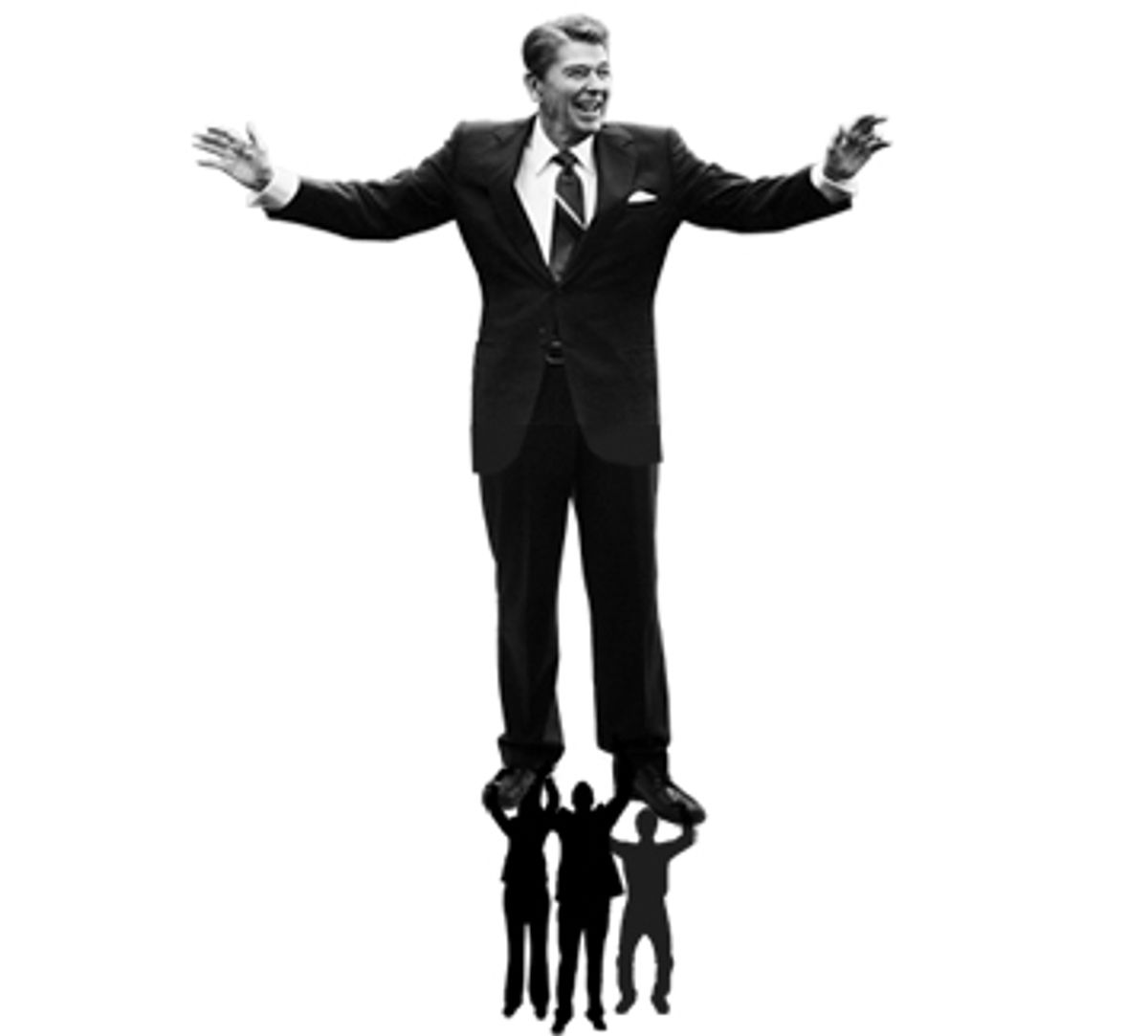- Mar 1, 2008
- 49,931
- 17,316
- 2,250
Correct that Reagan was human garbage but so are you,you would know.I would never support reagan even if God had sent him.There wasnt a grubby dictator that he didnt wank off.
Human garbage.


Follow along with the video below to see how to install our site as a web app on your home screen.

Note: This feature currently requires accessing the site using the built-in Safari browser.
Correct that Reagan was human garbage but so are you,you would know.I would never support reagan even if God had sent him.There wasnt a grubby dictator that he didnt wank off.
Human garbage.


Finding reliable employees has never been easier.



 www.usmessageboard.com
www.usmessageboard.com




















